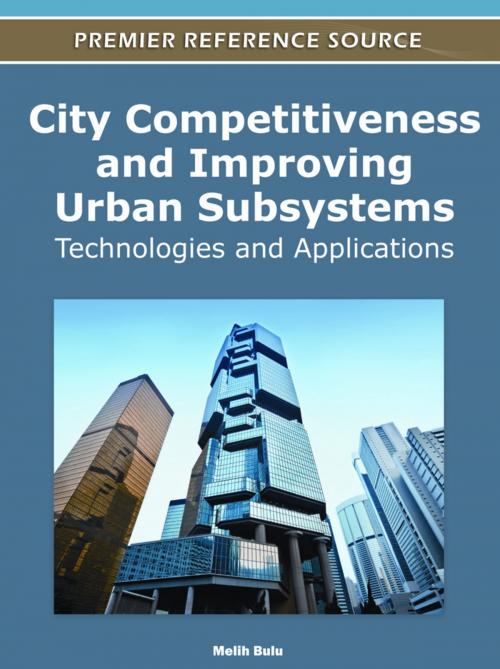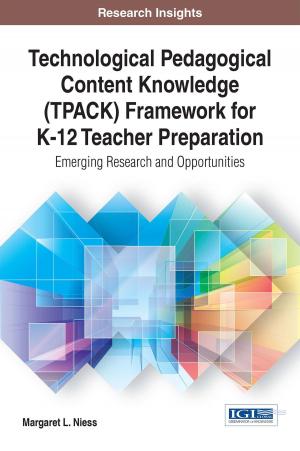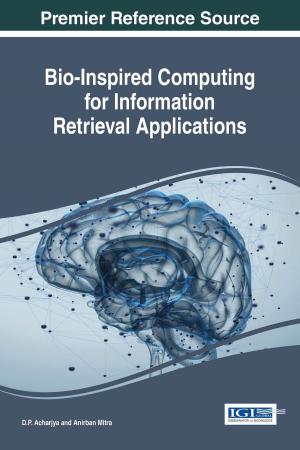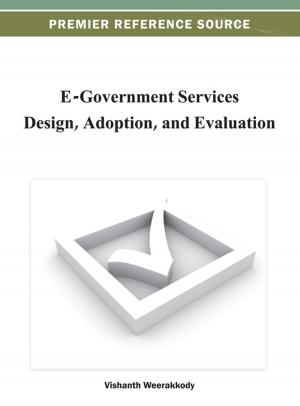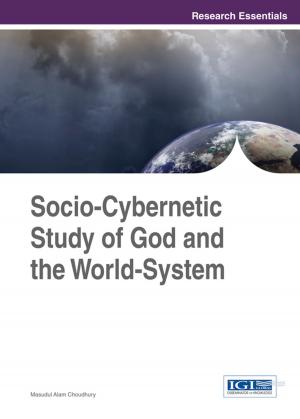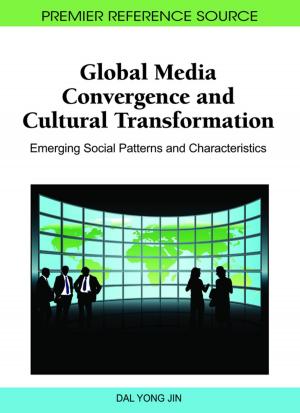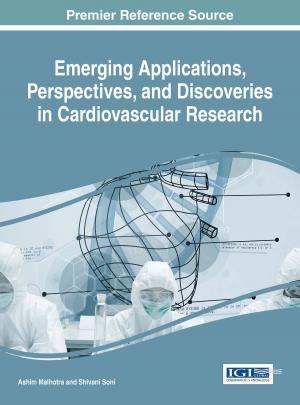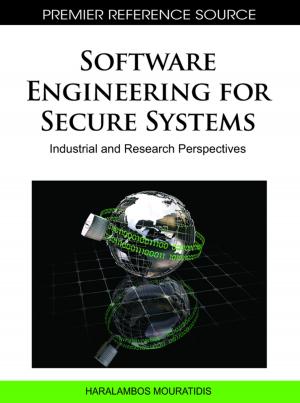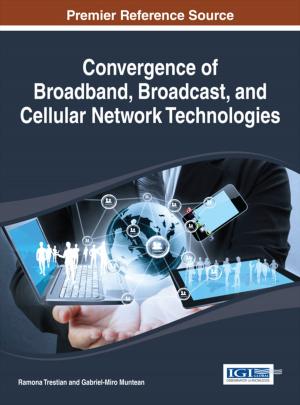City Competitiveness and Improving Urban Subsystems
Technologies and Applications
Nonfiction, Art & Architecture, Architecture, Planning, Social & Cultural Studies, Political Science, Politics, City Planning & Urban Development, Science & Nature, Nature| Author: | ISBN: | 9781466605497 | |
| Publisher: | IGI Global | Publication: | October 31, 2011 |
| Imprint: | Information Science Reference | Language: | English |
| Author: | |
| ISBN: | 9781466605497 |
| Publisher: | IGI Global |
| Publication: | October 31, 2011 |
| Imprint: | Information Science Reference |
| Language: | English |
Cities are becoming the wealth producing centers of national economies. Increasing the operational efficiency of the city will bring a competitive edge to the whole system. Yet, many city subsystems cannot work together, creating significant problems and inefficiencies. City Competitiveness and Improving Urban Subsystems: Technologies and Applications uses information science perspectives to improve working subsystems in transportation, sewage, electricity, water, communication, education, health, governance, and infrastructure since their efficient and synchronized operation is vital for a competitive city. This pioneering approach will interest researchers, professionals, and policymakers in urban economy, regional planning, and information science disciplines who wish to improve the competitiveness of their cities.
Cities are becoming the wealth producing centers of national economies. Increasing the operational efficiency of the city will bring a competitive edge to the whole system. Yet, many city subsystems cannot work together, creating significant problems and inefficiencies. City Competitiveness and Improving Urban Subsystems: Technologies and Applications uses information science perspectives to improve working subsystems in transportation, sewage, electricity, water, communication, education, health, governance, and infrastructure since their efficient and synchronized operation is vital for a competitive city. This pioneering approach will interest researchers, professionals, and policymakers in urban economy, regional planning, and information science disciplines who wish to improve the competitiveness of their cities.
